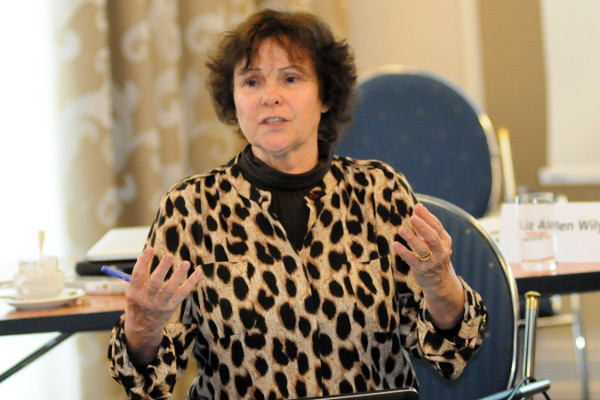First published on 08/16/2016, and last updated on 06/19/2017
How is it that so many people in the agrarian world still don’t own the land they live on and depend upon?
The answer is that they do own their lands — but not in ways which national laws recognize. The number of people affected is up to three billion rural dwellers, most of them poor, and living in the 150 agrarian states of Africa, Asia and Latin America. These people have no formal titles to their individual and shared lands. They acquire rights as members of communities, in accordance with norms which the community itself defines and upholds. Inheritable rights may be allocated to individuals but more often to families, the community retaining shared rights to off-farm assets such as forests. Rules may be time-honored customs. Or the rules may be entirely novel, adopted to meet new challenges and aspirations.
Either way, the localized and largely cost-free nature of community-based property systems (often called customary land tenure) gives communities unique advantages as practical and, of necessity, inclusive decision makers. After all, adherence to norms and practices requires majority consensus. The more stress and threat facing community-based rights and resources, the more purposive their governance regimes become. This explains why despite the odds, the community-based system of landholding survives and evolves with the times as a vibrant framework for owning land for rural majorities in most agrarian states.
With legal support the regime offers a future upon which land-based society can be more fairly and durably built. In this way, “community lands,” as they are now known, are not just a construct for the past but for the future.
Communities and the State, Rethinking the relationship for a more progressive agrarian century, Liz Alden Wily, Environmental Law Institute, Washington, D.C., Reprinted by permission from The Environmental Forum, July/August 2016
